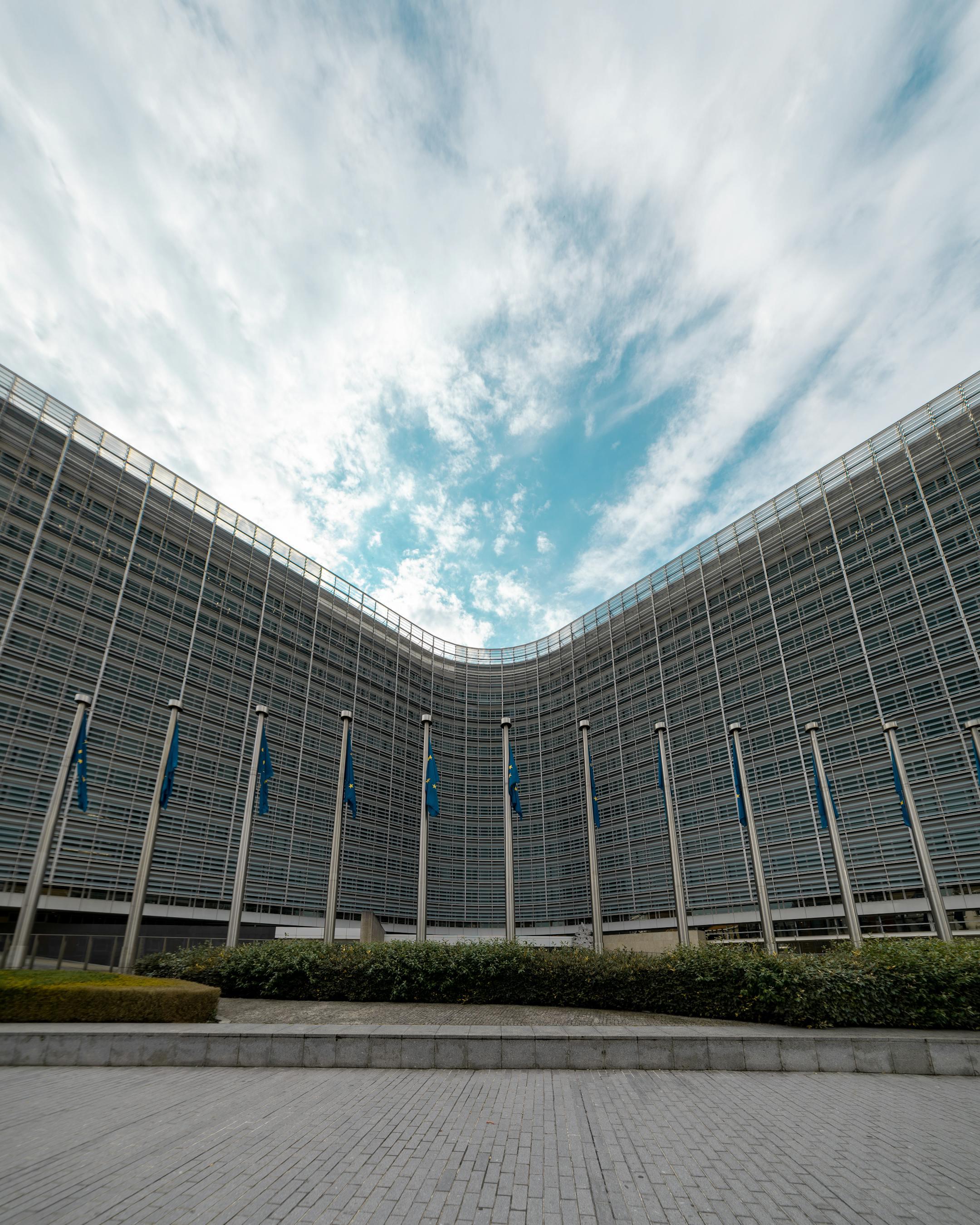
The Legal Framework: Duty to be vs. Reality
Article 17 of the Founding Treaty of the European Union confers on the European Commission the role of Guardian of treaties, meaning that it is entrusted with the duty of guaranteeing that EU law will be rightfully applied in all member states. To this end, the Treaty on the Functioning of the European Union (TFEU) provides for an infringement procedure (Art. 258 TFEU) as well as the possibility of imposing financial sanctions (Art. 260 FTUE).
Nevertheless, the reality falls short of this idea, as the number of procedures initiated and effective sanctions imposed are far from reflecting the volume of infringements. In many areas the breach between the Law formally adopted and its real application is alarmingly wide.
A Troubling Asymmetry: When Non-Compliance Goes Unpunished
A paradigmatic case in the European Asylum system, based in the Dublin III Regulation. According to data from 2023, Germany tried to transfer 75.000 asylum seekers to other member states under this regulation. However, it was unsuccessful : Merely 7% of the applications were accepted. The refusal from countries such as Greece or Italy to readmit the asylum seekers has not yet lead to any sanction procedure from the authorities. As The Economist (2024), ironically notes: Brussels responded with a “deafening shrug.” This episode alone lays bare the asymmetry at the heart of EU enforcement; rules do exist, but their application frequently relies on political will, which is often absent.
Why Does Enforcement Fail?
According to a study from the European Parliament : “Challenges in the Implementation of EU Law at National Level (2018), which identified several key reasons for persistent non-compliance, some of the main ones are : regulatory complexity and discrepancies between national frameworks and European Obligations, lack of national political will (especially in sensitive areas such as immigration or the environment), limited administrative capacity in some States to implement or monitor implementation, excessive decentralization (actual implementation depends on regional or local authorities), and most notably, a widespread pattern of “compliance of paper”, where transposition occurs but implementation fails in practice.
In its landscape review (2018) the court of auditors also warned of a lack of transparency and coordination within the Commission itself, which may undermine its effectiveness as supervisory authority.
The current strategy : From Sanctions to “Smart Enforcement”
Since 2016, the Commission has shifted towards what it calls a ‘Smart Enforcement’ approach. This strategy focuses on preventive and cooperative mechanisms such as guides, technical networks, working groups, the SOLVIT network, and informal dialogues, prioritizing systemic problems over formal legal action. Thus, the focus is on addressing systemic issues rather than isolated infractions.
While this approach may reduce unnecessary litigation and encourage earlier resolution, it has also weakened political and legal pressure on offending states, leading to diluting accountability as a side effect.
According to European Parliament data (2025):
- The total number of infringement proceedings has fallen from 847 (2021) to 529 (2023).
- Less than 5% of citizen complaints lead to formal action.
- The EU Pilot mechanism, intended as a pre-litigation problem solving tool , now takes an average of 28.4 months per case, and has been criticised for its slowness and limited effectiveness.
Towards a Stronger Enforcement System?
A number of proposals have been put forward to aim for a stronger encorcement of EU law, including strengthening the role of the European Parliament and national parliaments in monitoring the application of EU law, enhancing transparency in the handling of complaints, infringements and EU pilot cases, promoting public audits (at national level and by the European Court of Auditors) to assess the degree of effective implementation, and applying dissuasive sanctions more frequently, even in the case of non-massive infringements.
Conclusion: A Crisis of Credibility
EU law is only as strong as its ability to be enforced. In a context where rules are systematically flouted with impunity , and the Commission takes refuge in discretion and technical diplomacy, the very legitimacy of the Union begins to erode. The asymmetry between obligation and accountability is not just a legal issue , but a political one, with profound implications for trust, fairness, and cohesion within the Union.
The Commission's shift towards a “Smart Enforcement” strategy can be due to pragmatic reasons, be they limited resources or the need to preserve political goodwill. But pragmatism cannot replace principle.
Pragmatism, however, cannot substitute for principle. A rules-based order — and particularly one as ambitious as the European Union — relies on the credibility of its rules and the assurance that those rules will be enforced. Without that, the integration fabric starts to unravel.
At a time when the EU is confronted with mounting geopolitical tensions, internal polarization, and democratic backsliding in certain Member States, strong and openenforcement of EU law is not a luxury — it is essential. Citizens, enterprises, and Member States need to be in a position to trust the EU to defend its own legal order firmly and consistently.
And thus, the question is not just rhetorical, but pressing: Who is guarding the Guardian of the Treaties — and what occurs when the guardian turns a blind eye?